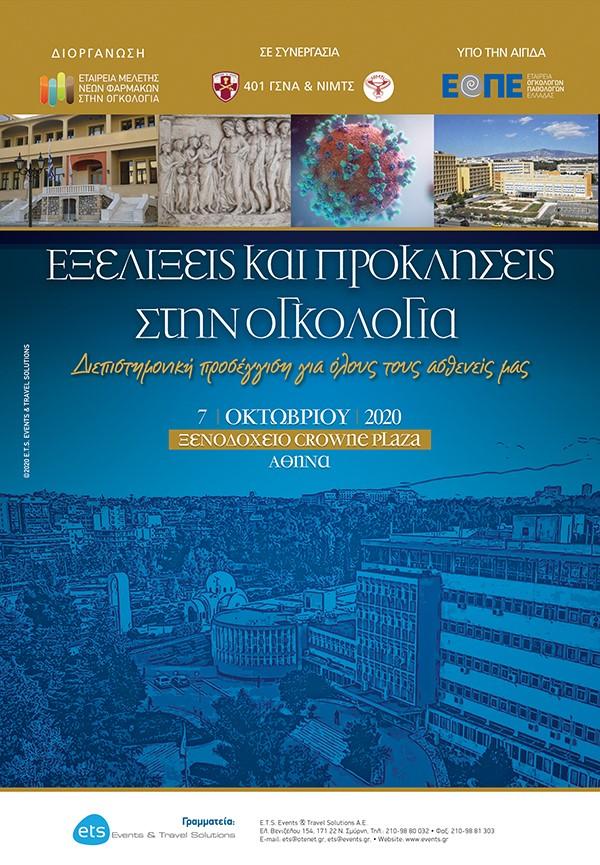
A scientific conference titled “Developments and Challenges in Oncology” with the subtitle “Interdisciplinary approach for all our patients” was organised in early October of 2020. The target audience of the conference was mostly clinicians and scientists; Continuing Medical Education (CME) credits were provided as part of their participation.
Thanos Kosmidis from CareAcross was invited to speak on the topic of “The Internet and Oncology in the age of COVID-19”. This session aimed to capture the more contemporary aspects of interdisciplinary management of patients, especially in an environment where changes are accelerated by COVID-19. During the presentation, it was discussed the introduction of technology in healthcare in general, and oncology in particular. A short breakdown of key developments was provided, with a focus on the enabling technologies and the impact they have on the shifting environment and evolving relationship between patients and their clinicians. A deeper dive was provided for the technologies and offerings of Artificial Intelligence in the field of medicine. This included the key goals, the importance of (big) data, their structure, and the technologies’ impact on decision-making. This was then presented in the context of the key applications and goals, the early “wins” in the field, but also the ethical and legal parameters to be accounted for. Finally, the challenges of expectations management were outlined.
ASCAPE was presented as a prime example of an interdisciplinary innovation that can substantially improve the experience of patients, but also clinicians. Some of the capabilities that it enables (including remote patient monitoring, telemedicine, as well as remote/siteless/virtual clinical trials) were outlined, and a brief “case” was described that illustrated how the variety of data being captured can help the patients and their doctors.
An interesting question was raised during the brief Q&A session, which focused on the geographical aspects of these innovations. More specifically, the doctor asked if some countries are further ahead of others in Artificial Intelligence when it comes to medicine. The subsequent discussion included that while clinicians and healthcare institutions in some countries are more open to trying out innovations, the nature of such technologies enable their benefits to be transferable to other locations relatively fast.